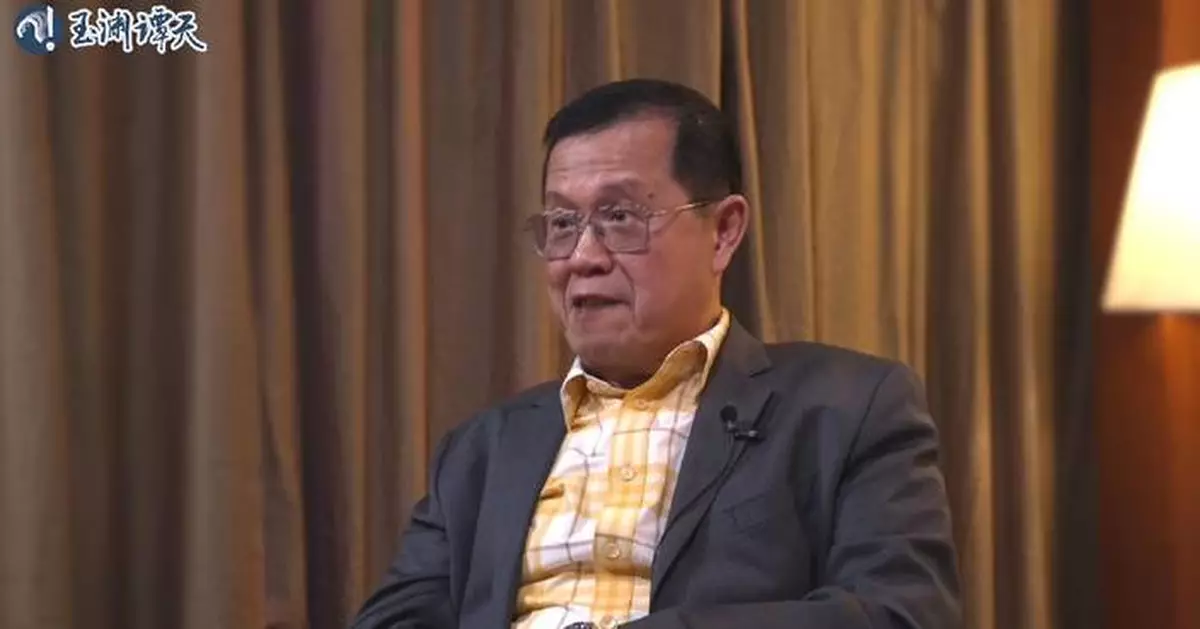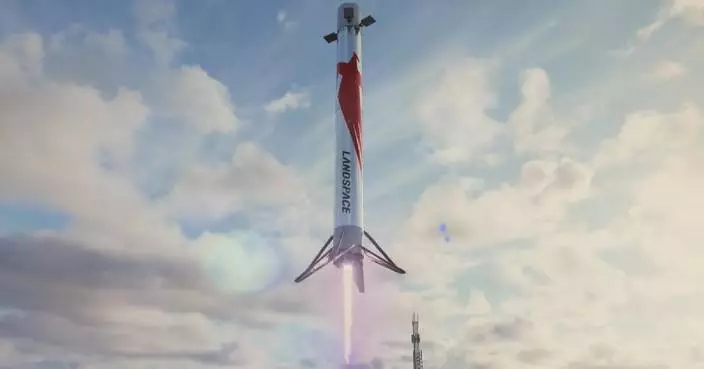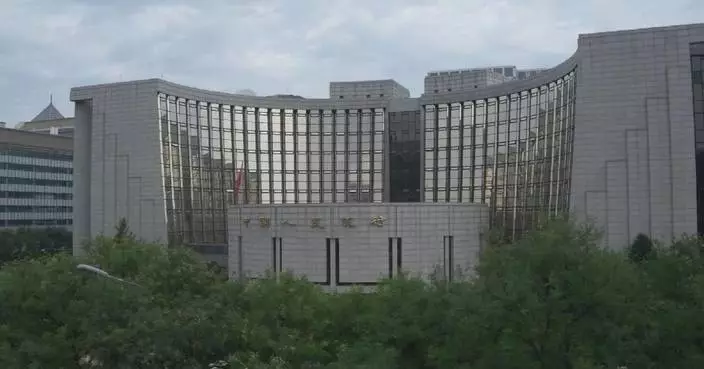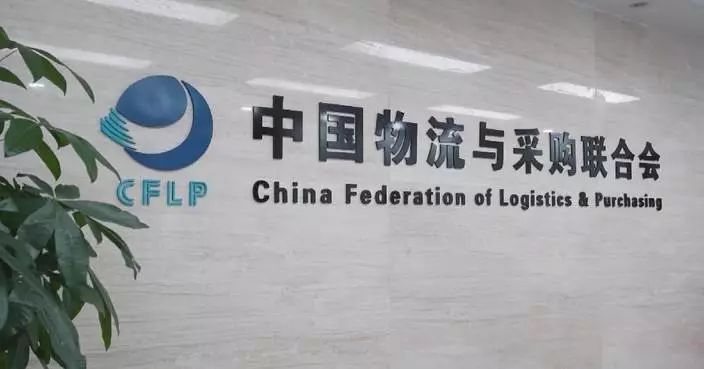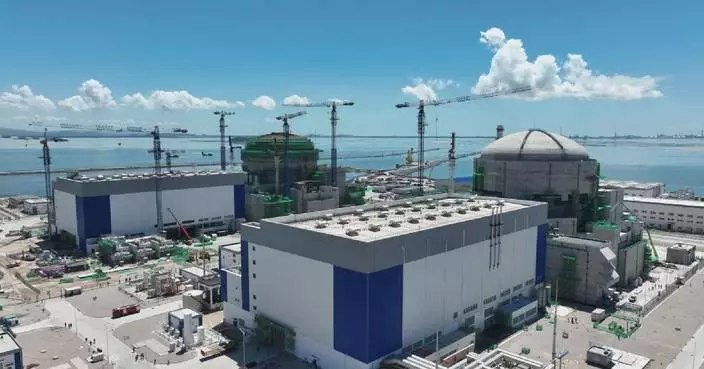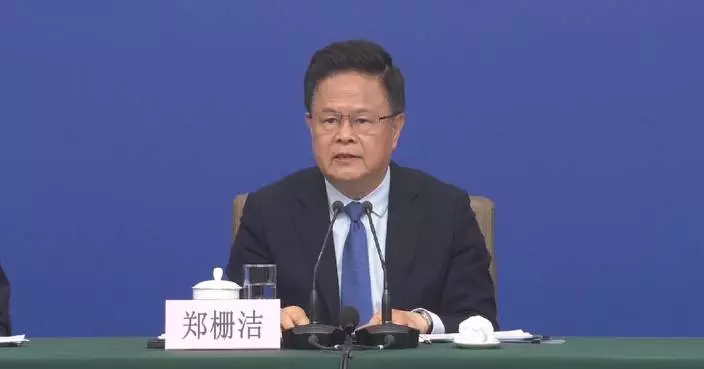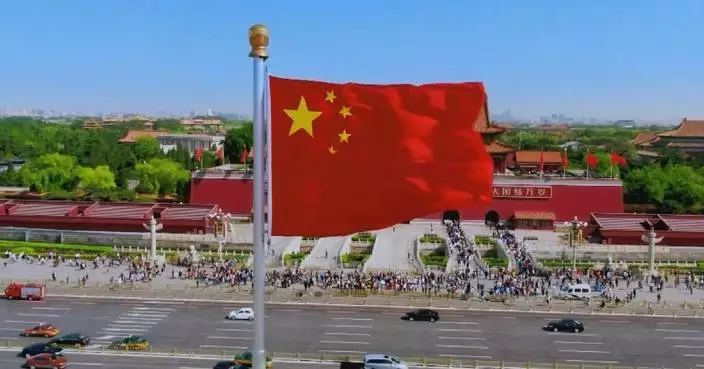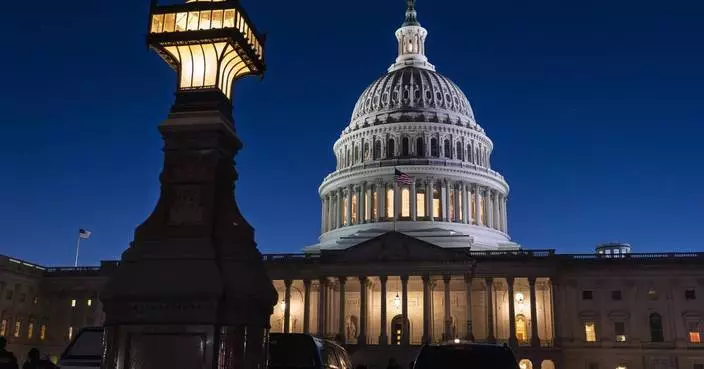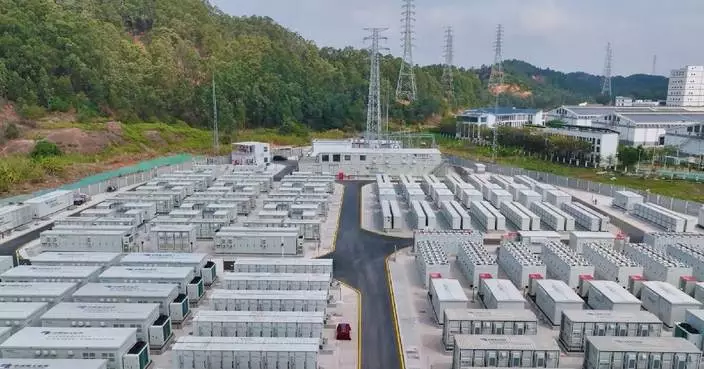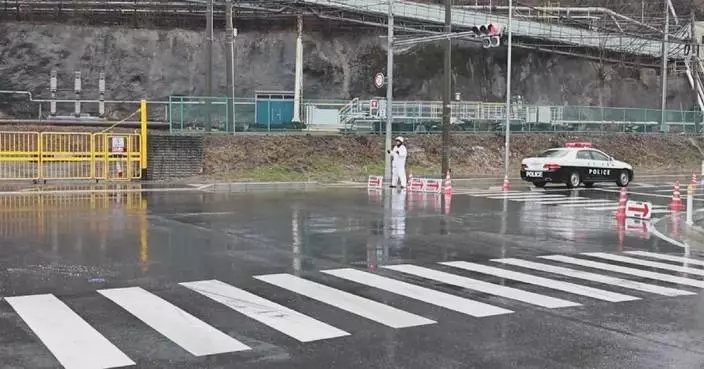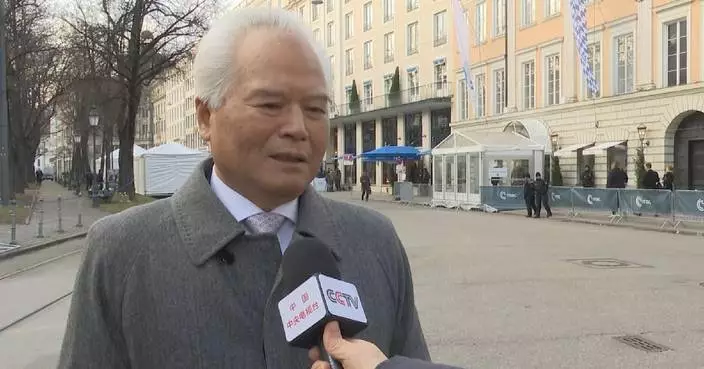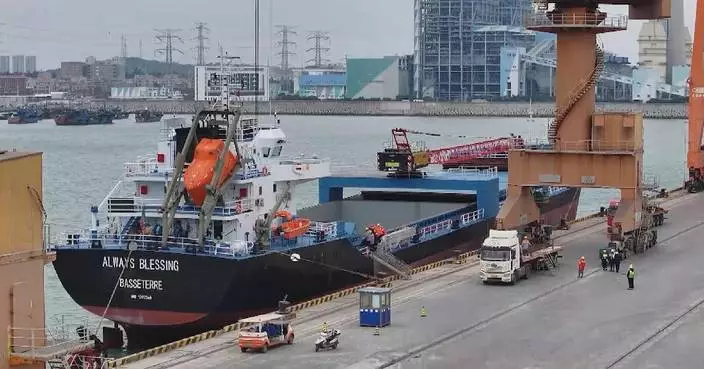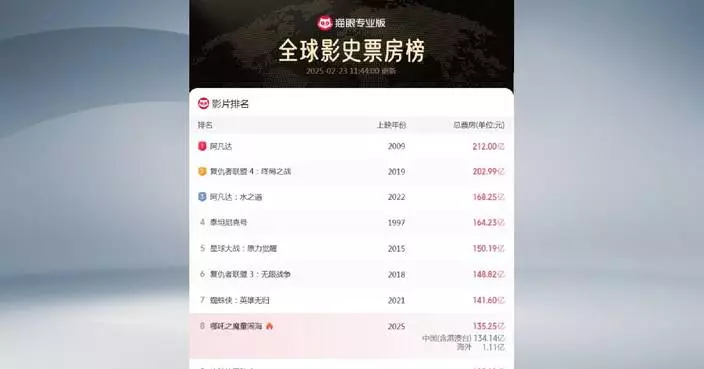The Philippines' adoption of "Maritime Zones Act" and "Archipelagic Sea Lanes Act" will inevitably impact the order of maritime navigation in the South China Sea, said Ong Tee Keat, former Malaysian minister of transport.
In early September, the Philippine bicameral conference panel approved the country's "Maritime Zones Act" and "Archipelagic Sea Lanes Act", which were signed and enacted by Philippine President Ferdinand R. Marcos Jr. on Friday.
The "Maritime Zones Act" illegally includes China's Huangyan Island and most of the islands and reefs of China's Nansha Qundao (Nansha Islands) and relevant waters into the maritime zones of the Philippines, while the "Archipelagic Sea Lanes Act" designates sea lanes in the country for foreign vessels and aircraft, which is incompatible with international law and resolutions of the International Maritime Organization (IMO).
"This (the adoption of the Archipelagic Sea Lanes Act) is a unilateral decision and action, taking it upon themselves (the Philippines) to decide the right of passage for others. To make matters worse, they are imposing a domestic law on other countries. What the Philippines is doing now is effectively treating the straits between islands as internal waters. We all know that there's an international route through the Strait of Malacca. Let's say if Malaysia and Indonesia were to follow this logic and treat the Strait of Malacca as internal waters, there would be creating a situation beyond one's imagination. [The Philippines'] insistence on enforcing this law and restricting the passage of vessels from certain countries will inevitably disrupt the order of maritime navigation and subsequently have an impact on fishing rights. Economic activities in these contentious waters would also become a focal point for disputes. As a country in Southeast Asia, we definitely don't want to see the scene that peace in the region collapses overnight," the Malaysian official said in an interview in Beijing on Oct 21.
According to an email the IMO replied on Oct 31 to the inquiry from Yuyuantantian, a social media account affiliated with China Media Group, the "IMO has not received any formal proposal by the Philippines for the designation of the above-mentioned archipelagic sea lanes."
Ong also raised his concerns in this regard, saying without consulting international organizations in advance, the "Archipelagic Sea Lanes Act" may not gain international recognition.
"In this regard, the IMO is clearly on the defensive. From the perspective of an international organization, whether [this legislation] can hold up remains open to discussion. If [the international organization] adopts double standards, this would set a very bad precedent. If this case becomes a precedent, it will only lead to more problems in the future," Ong said.
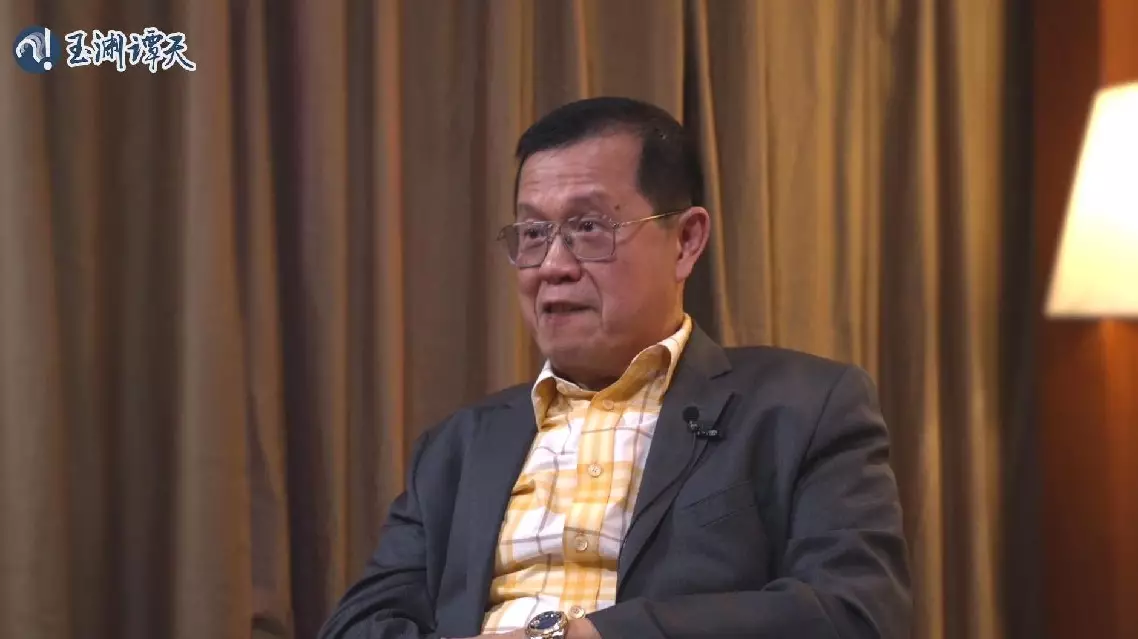
Philippines new maritime law to disrupt navigation order: former Malaysian transport minister


